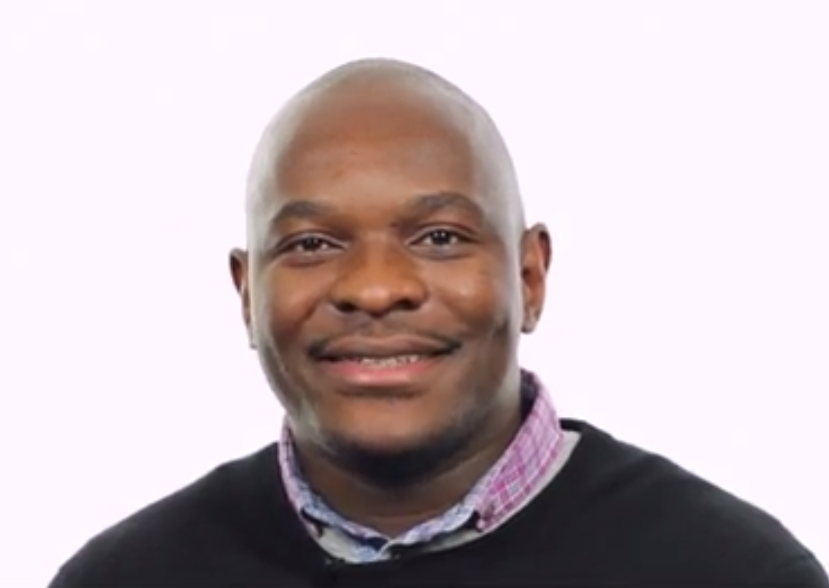Pule Taukobong, founder of Africa Angels Network, looks at what really needs to be done by investors to support African entrepreneurs.
Wednesday, October 8, was probably one of the toughest days I have experienced since founding Africa Angels Network (AAN).
The founder of one of the startups in which AAN has invested was, for a SECOND time, denied a US travel visa, which he needed in order to attend a summit for high potential startups in San Francisco. He has posted a write-up about his frustrating and disheartening experience here.
Exasperatingly, this is not the first time that a founder of one of our portfolio companies has been denied a travel visa for no good reason. Another founder of an African startup I’ve backed went through the same experience after I personally acquired a ticket for him to attend the FT Digital Media Summit in London. It took him EIGHT years and SIX attempts to eventually obtain a visa to visit the UK! And this despite his mother being a UK Citizen and living in the UK.
This begs the question: What do we really need to do to support entrepreneurs in Africa? Do we create more versions of “Y Combinator” across Africa? Do we set up endless conferences, seminars and “Think Tanks” to discuss “Entrepreneurship in Africa”?
***Newsflash*** How about if we just listento what they need, and follow up with “Do Tanks”?
One of the key points I picked up after listening to Dr. Ernesto Sirolli’s infamous TED TALK was that sometimes one needs to just “shut up and listen”, and then ask the right questions. Dr Sirolli was also kind enough to make time to discuss this with me and explain his thought process, as I was very interested in engaging him further on this issue. Thanks again, Doc!
Omidyar Network interviewed entrepreneurs across six African countries and produced a BRILLIANT report on what it would take to accelerate entrepreneurship in Africa. So why are so many groups/institutions attempting to reinvent the wheel with far-flung ideas and structures that are utterly irrelevant to Africa?
Similarly, when I decided to start AAN last year, the first thing I did was engage entrepreneurs across Africa. I had just one question: “What are your top considerations when it comes to an angel investment group?” Their responses boiled down to the following three key issues:
1. Mentorship – Industry relevant mentorship. Not so-and-so’s father, who is a CEO of a mine, mentoring a video streaming startup
2. Networks – Networks that can help them grow their businesses, both from a business development and a funding perspective
3. Patient Capital – Investors that are not looking for a quick return/exit, but rather are interested in helping them build Fortune 500 companies
This is exactly why I founded AAN – on these very principles!
AAN supports high potential African startups with a view to building long-term value. We too want the next Fortune 500 companies to be African companies – companies that Google/Facebook/whoever has not bought, but rather bought into as equity partners with the intention of helping these companies grow.
However, situations like those encountered by Clinton make me realize that this may not be the optimal path forward…
One of AAN’s investors has always encouraged me and our entrepreneurs to have an ask. “What’s your ask?” she always asks me. “Where do you need help?”
It took me a while to grow comfortable with this, as often the narrative is, “This is how it’s done” or “This is what you should do”. Very rarely is it “What do you need?” or “What do you think?”
So for those of you (African governments included) wanting to support African entrepreneurs, my ask is simple:
1. Read the Omidyar Report
2. Listen and engage with us before you attempt to roll out a top-down approach that’s only relevant to your market and is likely to flounder in our market
This way, perhaps we can avoid the embarrassing and deflating situations like those experienced by Clinton.


